
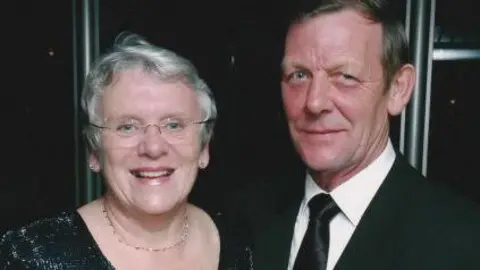 Family handout
Family handout
Mary and Bryan Andrews were described as "a team of enviable strength"
An inquest has found that there were "significant time lapses" in mental health treatment for a man who killed his parents during a psychotic episode.
James Andrews, known to his family as Duncan, killed Mary, 76, and Bryan Andrews, 79, at their home in Terrey Road, Totley, in Sheffield, in November 2022.
Senior coroner Tanyka Rawden was told on Wednesday that he was denied a referral to specialist services after complaining of episodes thought to have been brought on by epileptic seizures.
Sheffield Health and Social Care NHS Foundation Trust's interim medical director, Helen Crimlisk, told the hearing that "a number of changes" had been made since the tragedy.
Ms Rawden said: “Had there been regular and appropriate interaction between services, and had the early intervention service referral been accepted, it is possible that treatment could have been given.”
Andrews was given an indefinite hospital order in July 2023 after he admitted manslaughter on the grounds of diminished responsibility.

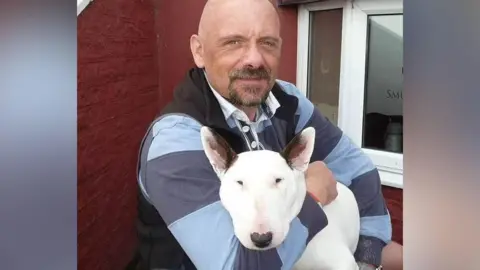 Family handout
Family handout
James Duncan Andrews admitting killing his parents at a criminal court hearing
The court heard how he had accessed mental health services in November 2011 when he suffered a seizure, leading to him feeling paranoid.
Andrews had complained about having psychotic episodes, including suicidal thoughts, and told a helpline “something serious is going to happen”, said Dr Jonathan Mitchell, consultant psychiatrist.
Giving evidence, Professor Markus Reuber, honorary consultant at the Sheffield Teaching Hospitals NHS Foundation Trust, said those who were epileptic were more likely to be depressed and it was “extremely common” for people to have mental health issues such as anxiety after seizures.
All anti-seizure medication, such as that which Andrews had been prescribed during treatment, has side effects which could include depression, the court was told.
A referral to Sheffield Health and Social Care’s early intervention team was refused in mid-2022.
This decision meant an opportunity to identify whether Andrews' psychotic episodes were persistent was missed, the inquest in Sheffield heard.
This referral could have helped Andrews be given different treatment, the coroner said.

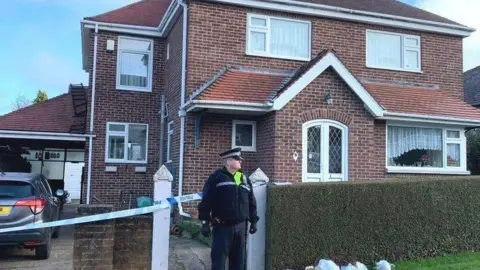
Mr and Mrs Andrews were killed at the home on Terrey Road, Totley, Sheffield
It is believed that two days before Andrews killed his parents he had four seizures, a report from doctors at the secure unit he was staying at stated.
At the time of the killings, he was likely to be suffering from postictal psychosis, a mental health condition after a seizure where the person can have aggressive outbursts, Prof Reuber said.
There were “clearly structural problems” in the way notes between mental health teams and neurology teams were shared, the consultant added.
This meant doctors prescribing medication might not know that some patients have mental health conditions unless they are specifically told, Prof Reuber added.
The coroner said there was a concern around communication between services at the trust, especially looking at “the relationship diagnosis of epilepsy and psychotic symptoms” with Andrews.
“This led to significant time lapses between treatment, and rejection to services, most notably the early intervention service.”
A prevention of future deaths report would be sent to Sheffield Health and Social Care looking at the communication between services, “in particular between psychiatrists and neurology”, Ms Rawden said.

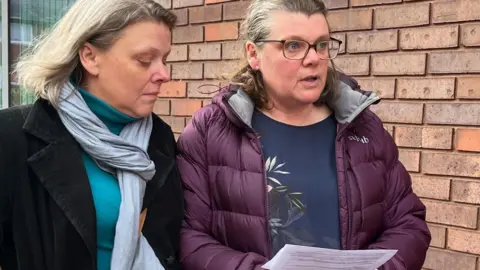
Sally Andrews (right) gave a statement to the media outside the court alongside her sister Lucy
Mr and Mrs Andrews' daughters Sally and Lucy read out a family statement outside the coroner's court.
They described their father as a "true Yorkshireman" who loved ballroom dancing, while their mother was a "people person" who made lunches for elderly neighbours.
Together they were called “a team of enviable strength”.
The sisters found their parents fatally injured at their home.
Sally told the court there was “some comfort that we, including Duncan, were there together for one final time”.
“They would have been absolutely devastated that day,” she added.
Speaking on a video link from a secure hospital, James Duncan Andrews said: “I loved my parents right to the end. I wish this had never happened.”
He thanked his sisters for their support during the inquest.
"We are deeply sorry for the tragic loss of Bryan and Mary Andrews in November 2022, and our heartfelt sympathies remain with their family," Ms Crimlisk, from the NHS trust, said.
"All those involved with Duncan’s care have taken immediate steps to learn from this tragedy. We have already made a number of changes and we will continue to make improvements to address the concerns highlighted through the inquest process."
The coroner recorded a conclusion that Mr and Mrs Andrews were unlawfully killed.
Listen to highlights from South Yorkshire on BBC Sounds, catch up with the latest episode of Look North or tell us a story you think we should be covering here.

 1 month ago
56
1 month ago
56


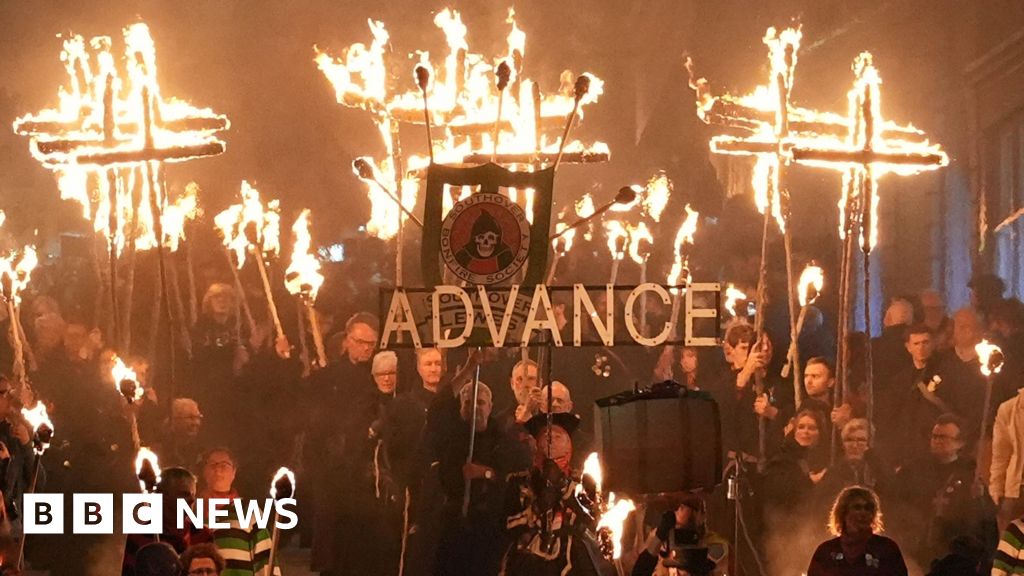











![[BREAKING] Trump Vs Harris: First Election Result Emerges In US Presidential Polls [Photos]](https://www.naijanews.com/wp-content/uploads/2024/11/Donald-Trump-and-Kamala-Harris-.jpg)
 English (US) ·
English (US) ·